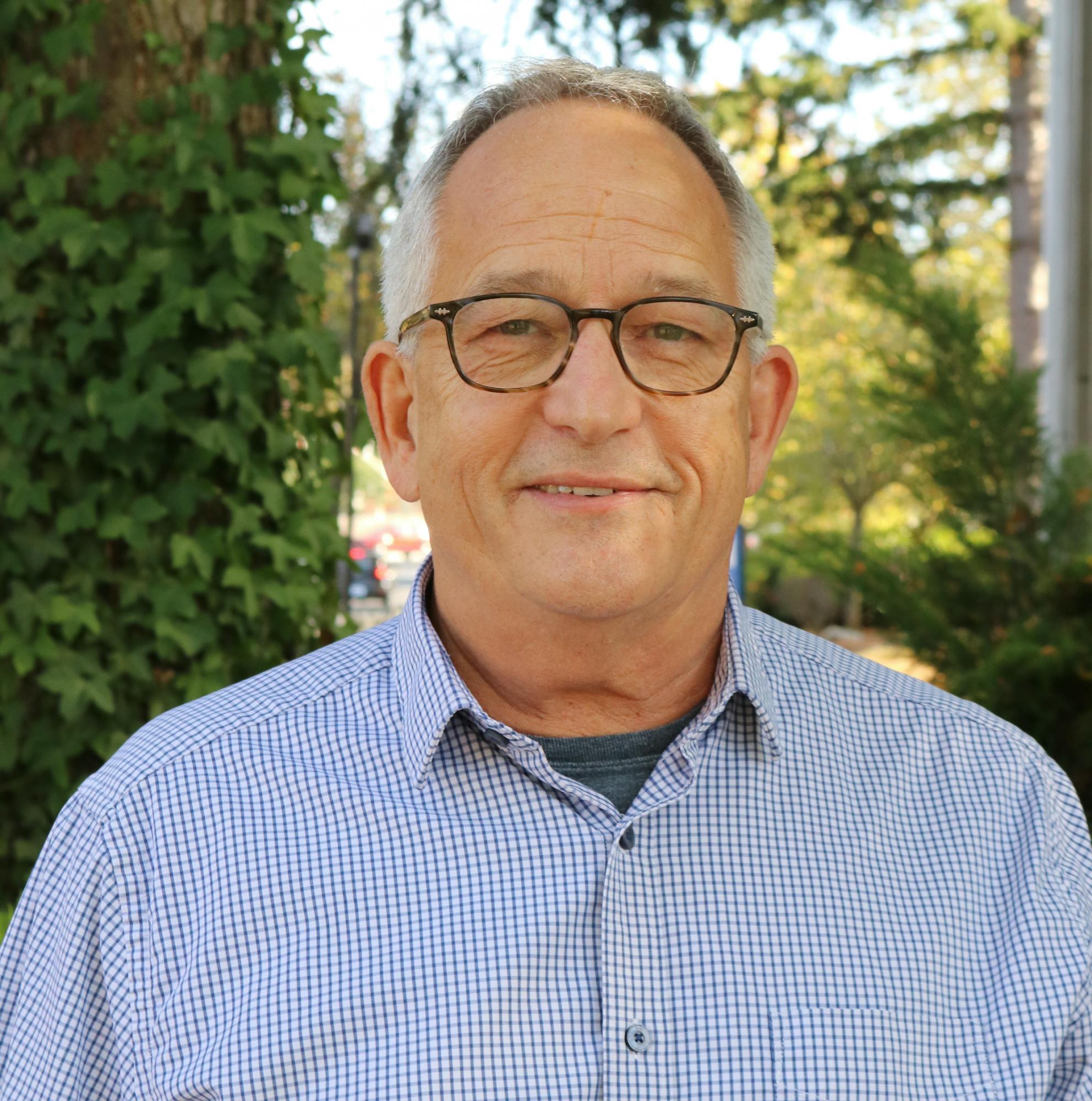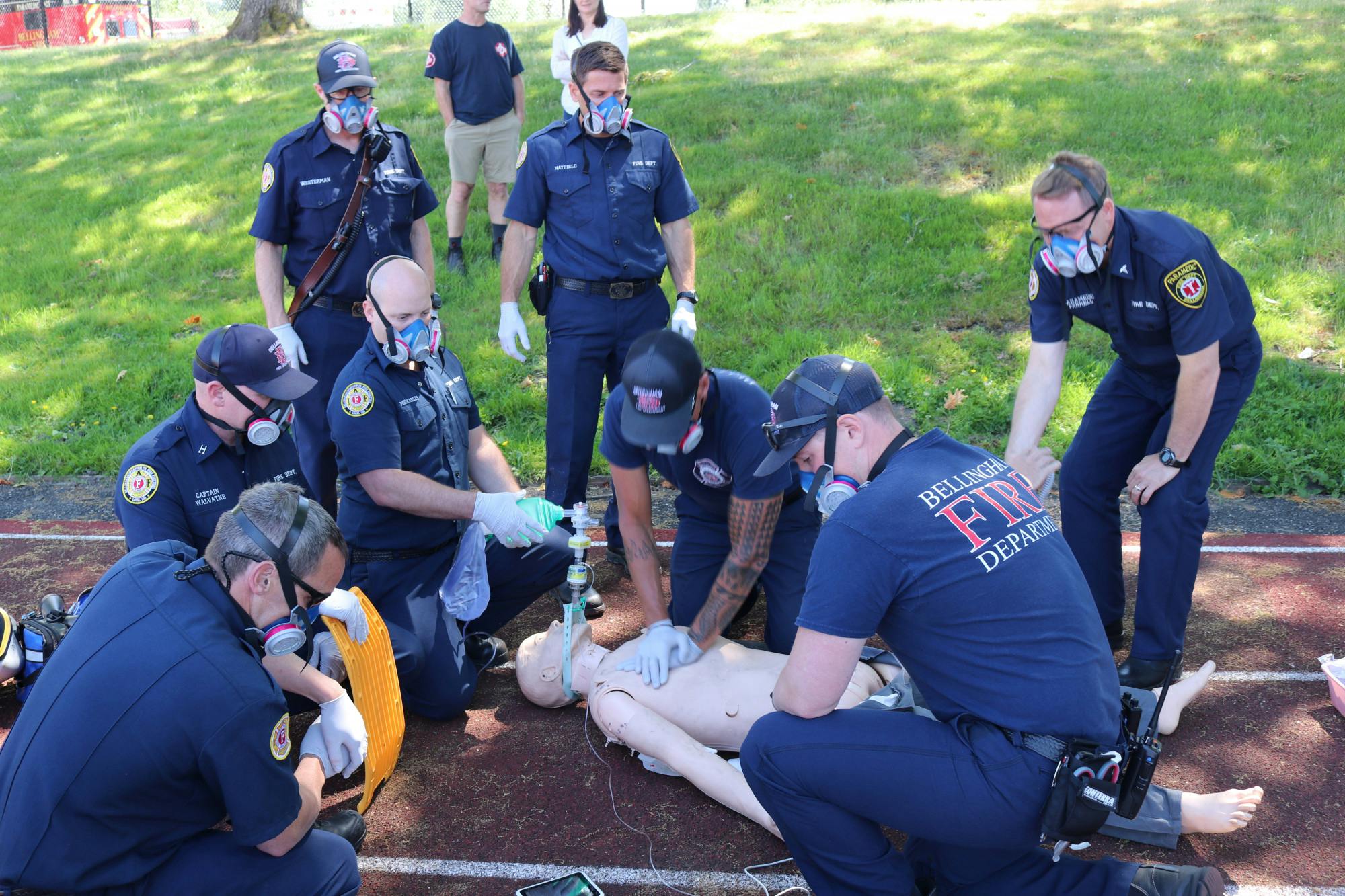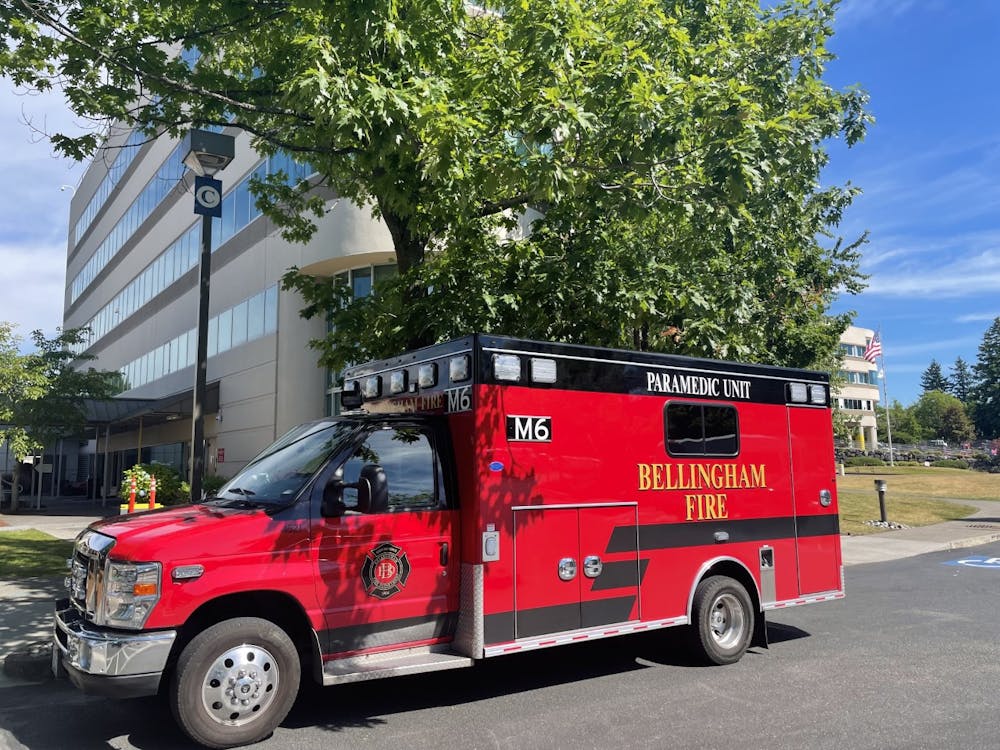In 2016, Whatcom County voters approved an EMS tax levy to maintain and support county medical response and paramedic units for six years. The levy is up for renewal this year, and voter approval would double the current levy, increasing this homeowner property tax to about 29 cents per $1,000 assessed value for another six years.
Some Whatcom County officials are urging residents to vote ‘yes’ for the renewal, saying it’s “a matter of life or death.” In a co-authored guest op-ed submitted to The Front, seven Whatcom County mayors and chair of the EMS oversight board, Satpal Sidhu said approval is necessary to continue fast and effective EMS response.
“The proposed levy seeks a $50 annual increase in funding – only about the cost of a cup of coffee a month,” the op-ed reads, referring to the cost for a homeowner with an assessed property value of $500,000. Today, the average property value in the county has increased to nearly $700,000, according to Zillow.
“We think voters will agree that this is a small price for the prompt, effective service we have come to expect,” the op-ed continues.
Yet on July 22, Sidhu, who is also a Whatcom County Council executive, wrote in an email to the Whatcom County Council that Whatcom County EMS could operate on a levy lower than 29 cents, as reported by Cascadia Daily News. Questions about a legitimate need to increase the levy and doubts that voters would approve it permeated council meetings through July and led members to flip-flop on supporting it for the 2022 midterm ballot.
The council ultimately approved the levy, with the caveat that Whatcom County EMS would include a diversity, equity and inclusion plan for EMS personnel moving forward.
Residents against the renewal argue Whatcom EMS has enough money – specifically, a $3 million-$6 million annual surplus leading to a $20-plus million reserve.
Whatcom County resident Laurie Williams said she believes the initiative is a scare tactic and homeowners shouldn’t bear the brunt of these expenses.
“It just feels like we are being taxed and taxed,” she said. “Why are they asking for twice the amount? When have we not been able to get [emergency medical] services?”
Williams, whose son is an EMS worker, said workers might avoid speaking against the levy because their union supports it.
“The only things levies do is take,” she said. “Right now is not the time.”
Whatcom County EMS Manager and chair of the EMS Technical Advisory Board Mike Hilley said the levy creates a lean budget for what it provides.

“About 80% of [funds] typically go to personnel costs related to serving or working on the medic units,” he said. “The rest goes to equipment, maintenance and fuel, and buying equipment and medications.”
The 2021 Whatcom County EMS report attributes the annual surplus to reimbursements and increased property value. The department received a reimbursement of about $3 million in 2021 from a program that supplements the funding gap between provider costs and the amount received from Medicaid. Combined with a property value increase that, in turn, increased levy profit, Whatcom County EMS has more money than initially projected.
A portion of surplus money has been allocated to the Whatcom County Fire Districts to offset costs for EMS training and other expenses. Whatcom County EMS works closely with the fire department, including through the centralized Bellingham Technical College Paramedic Program.
The remaining reserve is projected to fund Whatcom County EMS for one year if the levy fails voter approval, according to the 2021 report.
The report breaks down Whatcom County EMS funding, function and activity. Funding from the levy has provided for EMS needs such as high-performance CPR training, a Power Lift system for safer patient lifting and handling and automated medic dashboards for “up-to-date EMS information in real-time.”

There are currently four medic units in Whatcom County, which are strained by population growth and an increase in events like flooding and drug overdose. A fifth medic unit has been central to concerns about EMS spending; The Whatcom County voter argument against the levy claims it would fund bureaucracy, “not the fifth medic unit we were promised and have paid for already.”
Hilley said various factors have affected plans for the fifth medic unit. The team had to research and assess the function of the units, population growth, response time across the county and location of the highest need. They had to plan where the new unit would be and whether other units would be repositioned throughout the county to manage workload and ensure access to rural areas.
Progress on the new unit slowed due to COVID-19, and Whatcom County Council members discussed the plan in a series of council meetings until a fifth unit in Lynden was approved.
Construction has been completed since 2021, but a remaining challenge to unit operation is personnel. Hilley said they have been short on paramedics for several years, but a new class of paramedics will be graduating from training soon.
Ultimately, Hilley said, increased levy funding would ensure emergency medical response to everyone in the county for the next six years.
“I would encourage people to really take a look at the strategic plan,” he said. “No matter where you live or what your socio-economic situation is, this levy allows you to get a timely response with highly trained EMTs and paramedics.”
Remember that voter resources are just a click away, and once you attain and fill out your ballot, drop it off by 8 p.m. on Nov. 8.
Sydney Jackson (she/her) (sydneyjackson.thefront@gmail.com) is a news reporter for The Front and WWU journalism major with a political science focus. Her research and reporting interests include politics, health sciences, social issues and the arts. She enjoys fashion, music, film, reading and creative writing.






